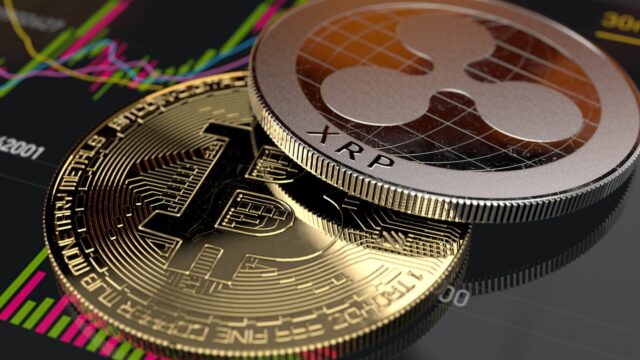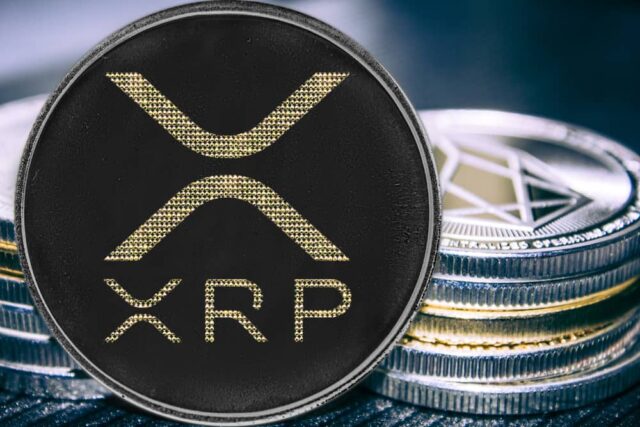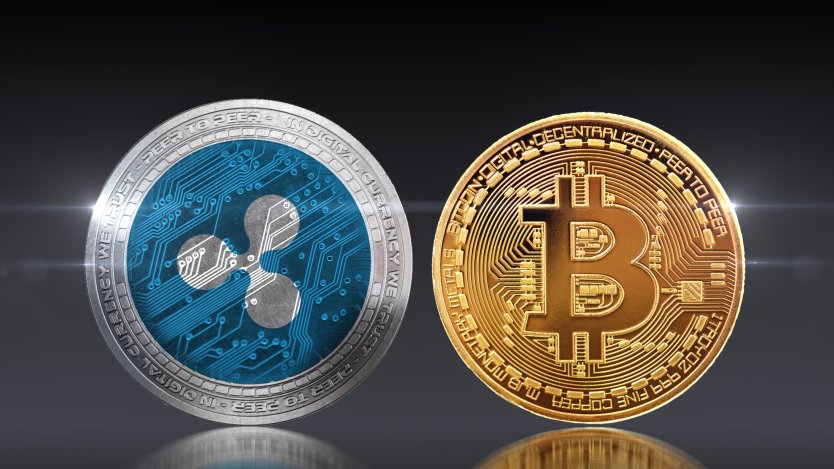Cryptocurrencies have taken the world by storm, and Bitcoin is the most well-known cryptocurrency out there. However, Ripple XRP has been gaining more attention in recent years. In this article, we’ll explore the key differences between Ripple XRP and Bitcoin, their advantages and disadvantages, and ultimately decide which one is better.
So, let’s see what are the key differences between these two and make a better understanding of which cryptocurrency might be a better fit for your investment strategy and goals.
4 Key Differences Between Ripple XRP and Bitcoin
Some aspects that differentiate these two projects:
- The primary difference between Ripple XRP and Bitcoin is their underlying technology. Ripple is a centralized payment protocol that offers fast transaction processing. In contrast, Bitcoin is a decentralized currency that offers slower transactions but provides more security.
- Another significant difference is their purpose. Ripple XRP is primarily designed as a payment protocol to facilitate quick and low-cost cross-border transactions. Bitcoin, on the other hand, is considered both a store of value and a medium of exchange.
- Supply is another difference. Ripple’s supply is pre-mined, meaning that all the coins have been created and are held by the company. In contrast, Bitcoin’s supply is limited and created through a mining process.
- The Ripple cryptocurrency price is $0.39, while for one BTC, you would pay $24,571.

Advantages and Disadvantages of Ripple XRP
Ripple XRP is a digital asset designed to facilitate real-time global payments. It was created by Ripple Labs in 2012 and is used by banks and financial institutions to settle cross-border transactions quickly and efficiently.
Bitcoin, on the other hand, is the first and most well-known cryptocurrency. It was created in 2009 and operates on a decentralized network, allowing users to send and receive payments without intermediaries. One of the main differences between these two is their consensus mechanisms.
Ripple uses a consensus algorithm called the RPCA (Ripple Protocol Consensus Algorithm), which is faster and more energy-efficient than Bitcoin’s Proof of Work (PoW) algorithm. As a result, transactions on the Ripple network can be settled in just a few seconds, while Bitcoin transactions can take up to 10 minutes or more.
One of Ripple’s primary advantages is its fast transaction processing, which allows for quicker cross-border transactions than Bitcoin. Additionally, Ripple’s transaction fees are much lower than Bitcoin’s during peak times. Ripple has also partnered with several financial institutions, which provides a level of legitimacy and market adoption.

However, Ripple XRP’s centralized control has raised concerns about its security and potential regulatory issues. The lack of wide-scale adoption is another issue, as Ripple XRP is still primarily used by financial institutions and has yet to gain mainstream acceptance.
The price of Ripple coin is low because the project has legal proceedings with the SEC, demanding the company register its token as an official security asset.
Advantages and Disadvantages of Bitcoin
Bitcoin’s primary advantage is its decentralized control, making it less susceptible to central authority control and censorship. Additionally, its high level of security is another significant advantage, and Bitcoin has already gained widespread adoption globally.
However, Bitcoin’s slow transaction processing and high fees during peak times have been significant drawbacks. The lack of scalability has also led to issues, such as long transaction confirmation times.
If you are wondering where to buy Ripple and BTC, welcome to the WhiteBIT exchange – the most reliable and trusted trading platform in Europe.
https://www.youtube.com/watch?v=ToOsNWI04Hw&ab_channel=CryptoInspiration







